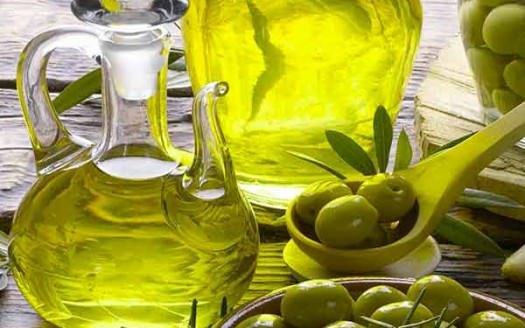Olive oil extraction techniques and methods
Olive oil extraction techniques and methods

Extra virgin olive oil is of fundamental importance for health and our cooking, but how can we choose the best quality and most suitable for our health? Guide to extraction methods but how to choose the one of best quality and best suited to our health? Guide to extraction methods
Extraction techniques: cold pressing, hot pressing, solvent extraction.
The oils are a fundamental importance in nutrition so it is important to know which ones to choose and why. Obviously this choice implies different products and above all different prices.
Cold pressing
The cold pressing that must be declared on the label is undoubtedly the most natural and is that which provides a superior quality product that preserves the characteristics of the product from which it derives. In general, the oil does not oxidize and has excellent organoleptic characteristics. It can be slightly turbid and for this it can be subjected to filtration or centrifugation, always in cold conditions to make it clear.
Cold experimentation has the disadvantage of having lower yields than other types of extraction and therefore higher costs.
Hot oil extraction
The hot pressing, with temperatures close to the boiling temperature of the oil, involves the oxidation and the loss of fundamental substances especially the tocopherols (vit E antioxidant) and the destruction of the so-called unsaturated fats (mono and unsaturated poles) then the the oil obtained is not edible and undergoes at least three treatments to make it: deacidification, decolorization, deodorization.
These are the chemical-physical extraction processes carried out at elevated temperatures that denature the oil
As much as the same speremitura, especially the polyunsaturation fraction that loses its natural characteristics and is no longer in the gardo to be used by cells as a structural brick, to clarify to the layman it is as if your house key as a result of a blow is deformed slightly and therefore unusable to open the lock, then these oils lose their nutritional function intended as a contribution of structural substances (see art essential fatty acids omega 3 and 6), and maintain only the function of being able to generate calories once metabolized.
For many years now vitamins like E are added to the so treated oils and it is advertised as if the oil in question was the non plusultra but this is only an attempt to reconstitute downstream what has been destroyed upstream
Keep in mind that during the refining processes mentioned, other substances (hydrocarbons, dienes and trienes) are formed that are not wholesome.
Oil extraction with solvents
The third type of extraction is done with solvents, often this extraction is done on the residues of hot extraction to recover that part of oil remained trapped. If it is made in the cold, it is able to extract all the oil which must then be subjected to evaporation of the solvent under vacuum at low temperatures; therefore the product does not undergo degradation induced by high temperature but will contain traces of solvents.
Which oil to choose?
Obviously the cold pressing better a drop of oil less but good. Eye to acidity choose oils with acidity of 0.5% do not pinch in the throat. Good bruschetta with garlic oil and salt, a tasty and healthy snack.
Ohh nice! I've been on a quest to find the perfect extra virgin olive oil for my kitchen, but it's been a challenge. None of the online shops I've visited seem to have that premium quality I'm looking for. Does anyone know a reliable online store where I can buy top-notch extra virgin olive oil?
I have the same quest) However, now I'm considering the Everyday collection from https://gaiaoliva.com/collections/everyday for everyday cooking. They seem like a good balance of quality and affordability, but I'm wondering about their taste and versatility in different recipes. Has anyone incorporated these oils into their daily cooking?
Recently I asked myself a rather rare question: What Is High-Polyphenol Olive Oil? And I found out that olive oil contains low polyphenols and I want to share this information. Polyphenols are natural compounds found in plants that have unique antioxidant and anti-inflammatory properties. In olive oil, they determine the taste, aroma and beneficial qualities. Olive oils that are high in polyphenols have a stronger flavor and are often savory. Its benefits include antioxidant protection, reducing inflammation, supporting heart health, and slowing cellular aging.